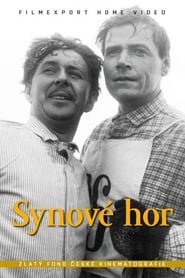detail profile svatopluk maty c3 a1 c5 a1
Peran Yang Di Mainkan Svatopluk Matyáš
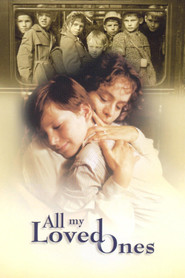 Told from the perspective of man...
Told from the perspective of man...All My Loved Ones 1999
Told from the perspective of man reflecting on his childhood in Prague in the early years of World War II and the eventual destruction of his family as the Nazis rise to power. The storyline focuses heavily on Jewish-Czech Silberstein family members. Drama was filmed on the real events as a tribute to Mr. Nicholas Winton, the British humanitarian who organized the rescue of 669 children, most of them Jewish, from Czechoslovakia on the eve of the Second World War in an operation later known as the Czech Kindertransport from German-occupied Czechoslovakia and likely death in the Holocaust.
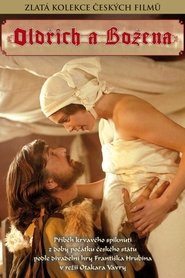 At the turn of the 10th...
At the turn of the 10th...Oldrich and Bozena 1985
At the turn of the 10th and 11th centuries Boleslav's kingdom fell apart in the fratricidal war between the Přemyslovci and the other clans the main profiteer of this being the German emperor. At that time it seemed as if the Czech state and the lineage of its princes was awaiting its end..." It is with these words that the tale of this film begins, whose narrative is based upon the the play by František Hrubín of the same name.
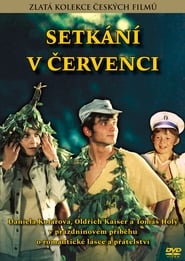 A romantic story about Jakub a...
A romantic story about Jakub a...Meeting in July 1978
A romantic story about Jakub, a student in the summer camp, and his teacher Klara.
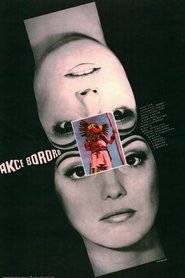 A man and a woman from...
A man and a woman from...Operation Bororo 1973
A man and a woman from a different planet come to the Earth to get a cure for a disease that is apparently threatening to eradicate their civilisation.
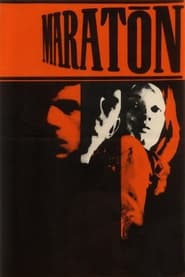 It is 5 May 1945 and the uprising...
It is 5 May 1945 and the uprising...Maratón 1968
It is 5 May 1945 and the uprising against the hated German occupiers has broken out in Prague. The Czech guards open the gate of the Pankrác prison to allow the prisoners to escape en masse. Many of them are shot dead by the German guards but young Ruda (Jaromír Hanzlík) manages to run away. He is taken care of by one of the Prague fighters, concierge Kytka. Kytka hides him in the flat of the house's owner where only the young maid Karla (Jana Brejchová) is left, ordering her to take care of Ruda.
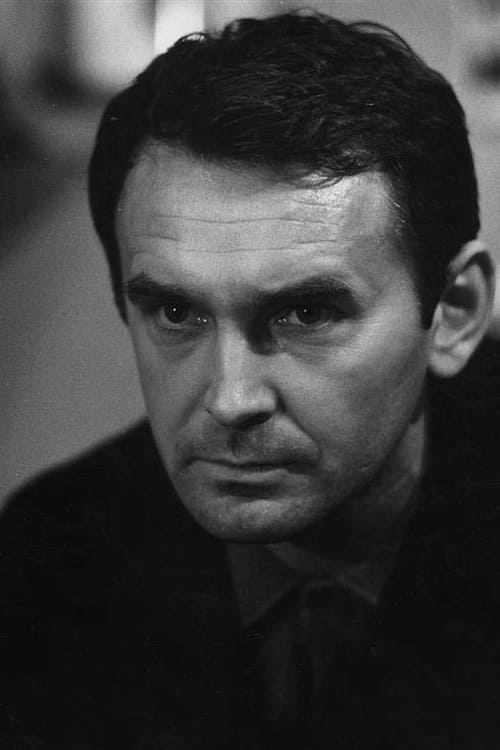
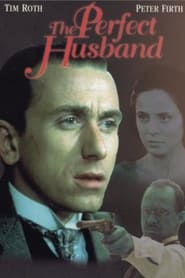 Dostoevskyinspired drama set in 1900s Prague...
Dostoevskyinspired drama set in 1900s Prague...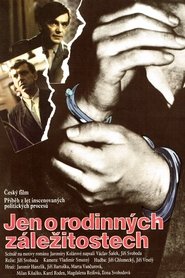 Life in communist Czechoslovakia in the...
Life in communist Czechoslovakia in the...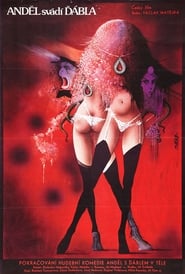 Musical comedy
Musical comedy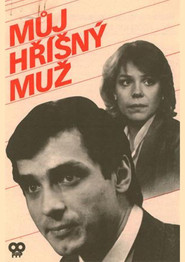
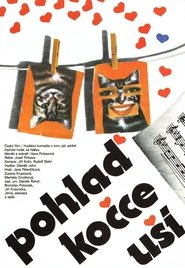 A funny movie about the life...
A funny movie about the life...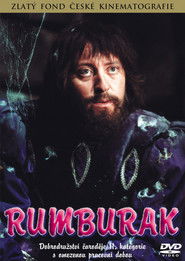
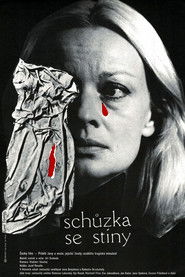
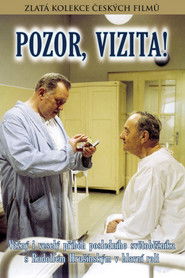 A story about an everyday life...
A story about an everyday life...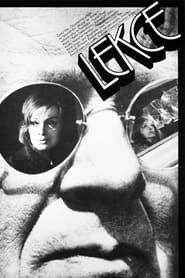
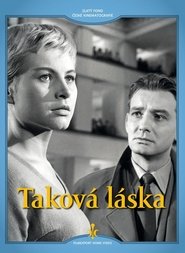 A student commits suicide out of...
A student commits suicide out of...